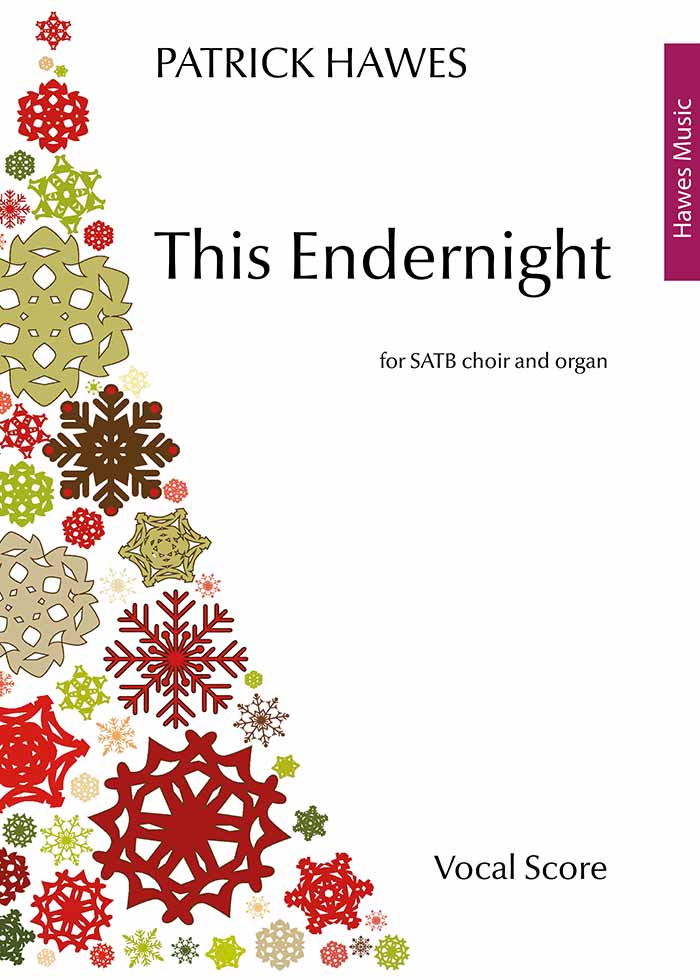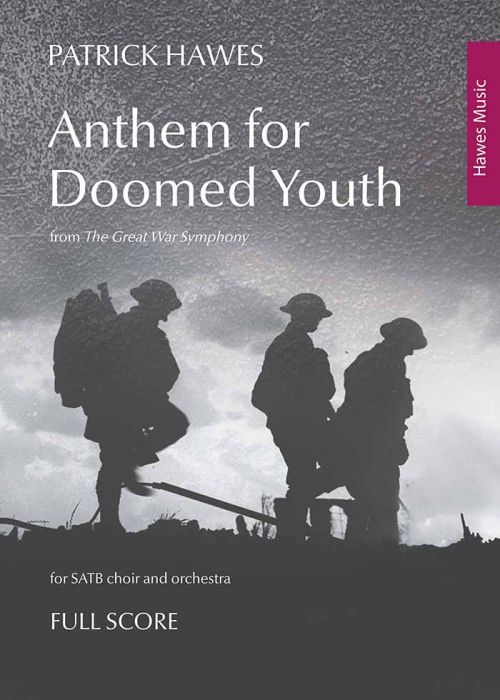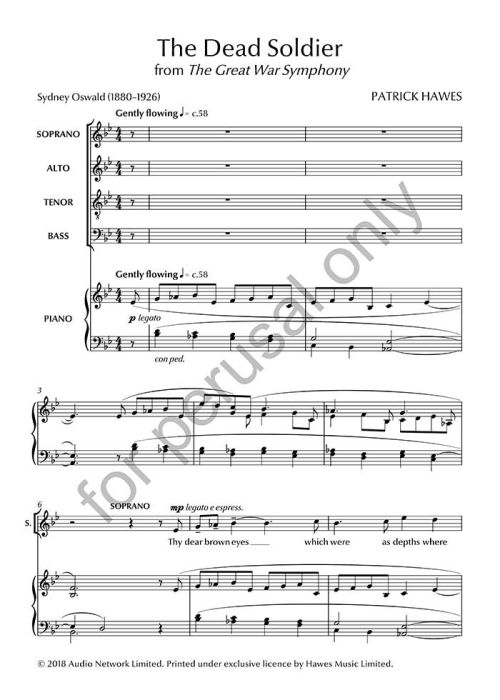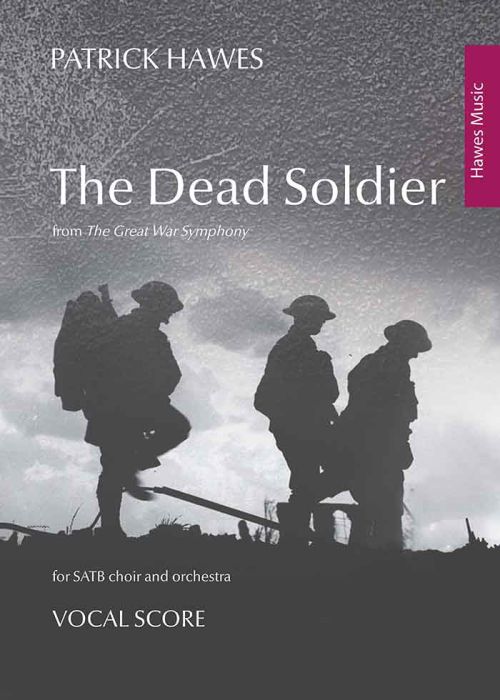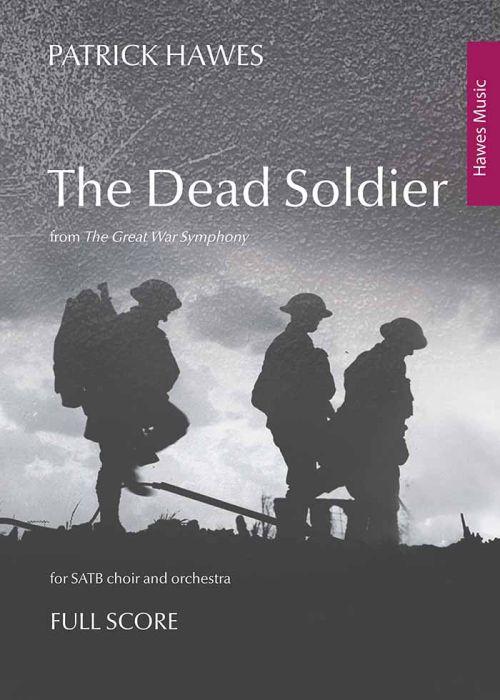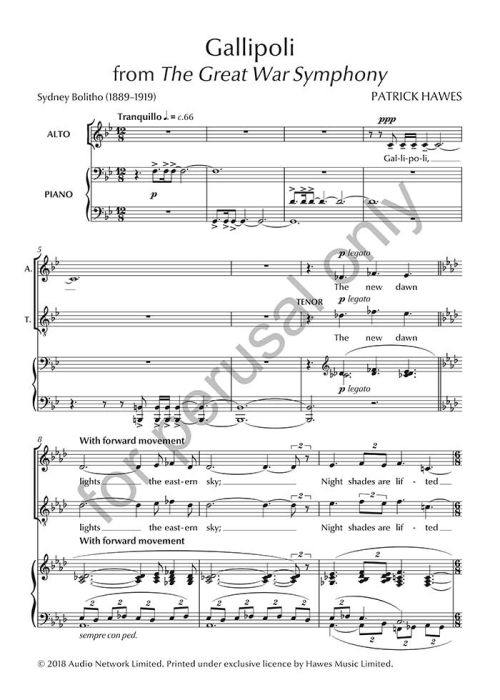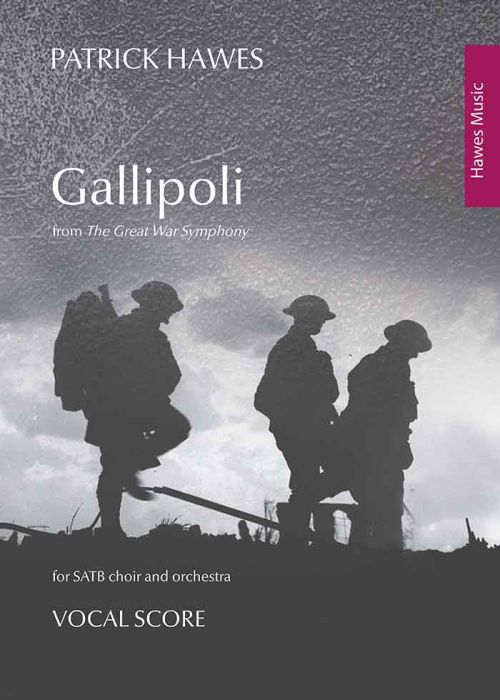A beautiful setting of this unusual fifteenth-century text. There is an overriding atmosphere of joy and intense love, as well as touching moments of pathos, especially in relation to the premonition of Calvary.
Choirs should aim to have a clear understanding of the nuances of the text, particularly in terms of the dialogue between Mary and Joseph.
Underlying the entire performance should be a subtle sense of urgency as the poet’s dream unfolds. An optimistic tempo should remain rock-solid throughout and a sense of forward momentum must be maintained. The quaver patterns in the organ call for a bright registration, but not at a volume which dominates.
This endernight I saw a sight,
All in my sleep:
Mary, that may, she sang lullay
And sore did weep;
To keep she sought full fast about
Her Son from cold.
Joseph said, “Wife, my joy, my life,
Say what ye would.”
“Nothing, my spouse, is in this house
Unto my pay;
My Son a king, that made all thing,
Lieth in hay.
“Ah, my dear Son,” said Mary, “ah, my dear,
Kiss Thy mother, Jesu, with a laughing cheer.”
“My mother dear, amend your cheer
And now be still;
Thus for to lie it is soothly
My Father’s will;
Derision, great passion,
Infinitely,
As it is found, many a wound
Suffer shall I;
On Calvary that is so high
There shall I be,
Man to restore, nailëd full sore
Upon a tree.”
“Ah, my dear Son,” said Mary, “ah, my dear,
Kiss Thy mother, Jesu, with a laughing cheer.”

